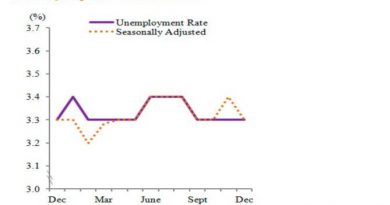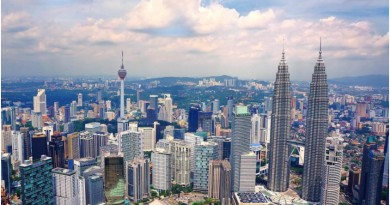Petroleum sales tax to add RM3.897 billion to Sarawak’s revenue
KUCHING: The new sales tax on petroleum products will enable Sarawak to collect an additional revenue of RM3.897 billion or 37 per cent of the total estimated revenue of RM10.513 billion next year.
State Second Finance Minister Datuk Seri Wong Soon said the state government’s decision to impose the five per cent sales tax on petroleum products was conferred under Schedule 10, Part V, Section 7 of the Federal Constitution.
“The new revenue source is vital in providing the necessary funding to hasten the implementation of more infrastructure projects and basic amenities for the well-being of the rakyat.
“We fully support our Chief Minister’s call to be self-determining in undertaking the massive development works ahead of us,” he said when winding debate for his ministry on the Supply 2019 Bill at the Sarawak Legislative Assembly here today.
Sarawak imposes sales tax on crude palm oil, crude palm kernel oil, lottery tickets and tyres under the State Sales Tax Ordinance 1998, Wong said, adding that the taxes generated an average revenue of RM550 million annually for the past five years.
He said however, the collection was far from enough to finance the state’s development agenda.
“Despite our intensive efforts, it does not at all mean that the federal government is relieved of its responsibilities to continue funding development projects in Sarawak,” he said.
He said these include roads and bridges, water supplies, schools and higher learning institutions, hospitals and clinics, low-cost housing, as well as providing funds to support the necessary services for the people of Sarawak.
On the 2019 Federal Budget, he said Sarawak, which was allocated RM4.336 billion out of the total federal development budget of RM46 billion, did not get a fair share of the expenditure despite its tremendous contribution to the national economy and coffer.
Wong said the annual federal allocation was obviously not enough for Sarawak to raise its level of development to be on par with that of Peninsular Malaysia and transform it into a high-income economy due to the huge and challenging task ahead.
Source: NST


